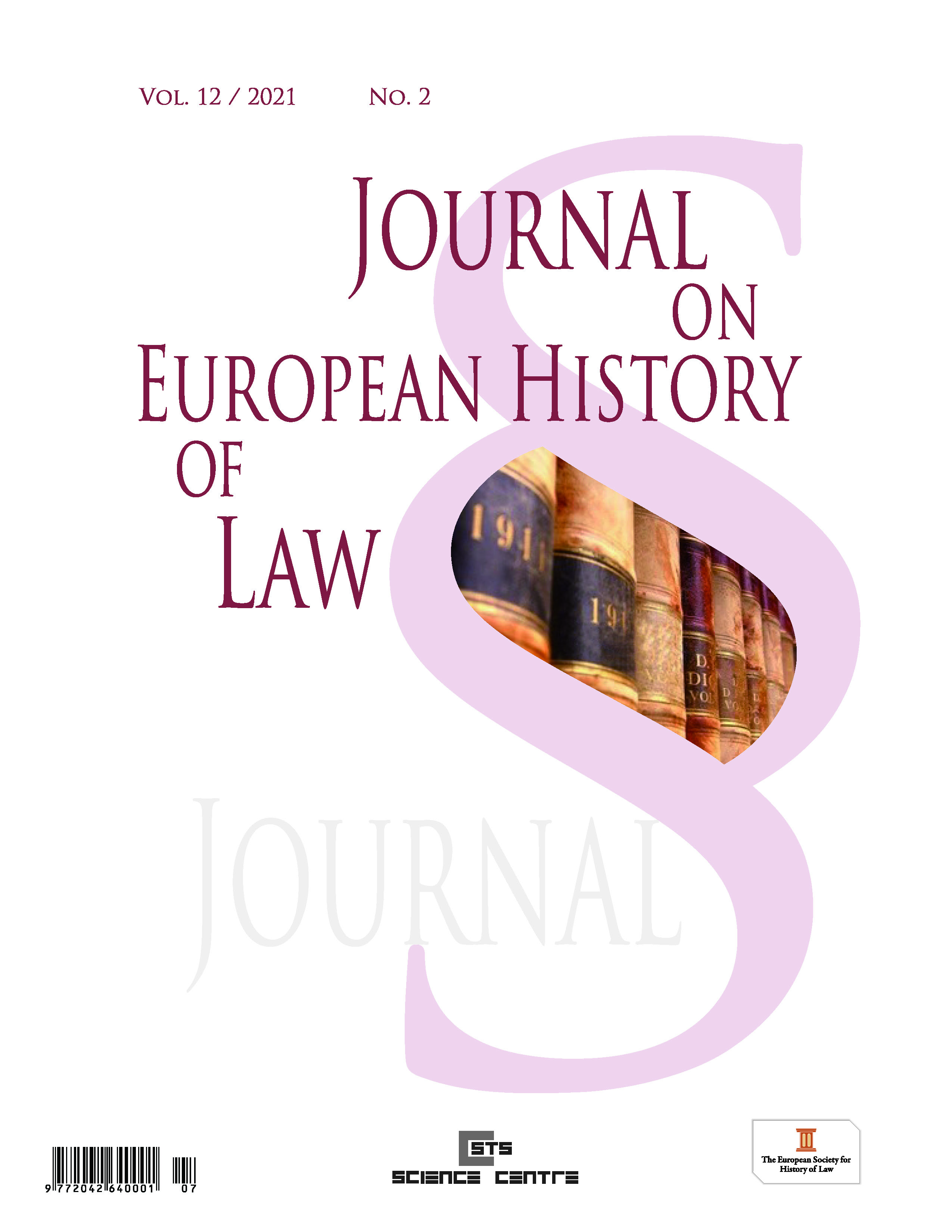Regulation of the Relations between Jews and Christians in Roman Law
Regulation of the Relations between Jews and Christians in Roman Law
Author(s): Pál SárySubject(s): Christian Theology and Religion, History, Law, Constitution, Jurisprudence, Jewish studies, History of Law, Roman law
Published by: Evropská společnost pro právní dějiny, z.s.
Keywords: Roman law; Late Roman Empire; Imperial legislation; Religious policy; Christianization; Jews; Proselytism; Christian slaves; Synagogues; Religious violence; Protection of public order;
Summary/Abstract: Even the pagan Roman emperors issued a number of decrees concerning Jews and Christians. However, the regulation of the relationship between Jews and Christians did not begin until after the Constantinian change. The Christian emperors ruling in the fourth to sixth centuries sought to achieve the following three main goals in this area: (1) promoting the conversion of Jews to Christianity; (2) hindering the conversion of Christians to the Jewish religion; (3) elimination of hostility between Jews and Christians. For the first purpose, the rights of Jews were restricted (for example, they were excluded from public offices). Jews who converted to the Christian faith received special legal protection. For the second purpose, the conversion of Christians to the Jewish faith was declared a crime. Jews were forbidden to keep Christian slaves. Mixed marriages between Jews and Christians were prohibited. For the third purpose, Christians were forbidden to abuse Jews; attacking, looting and setting fire to synagogues was severely punished. Jews were also strictly forbidden to violate the Christian religion.
Journal: Journal on European History of Law
- Issue Year: 12/2021
- Issue No: 2
- Page Range: 181-186
- Page Count: 6
- Language: English

